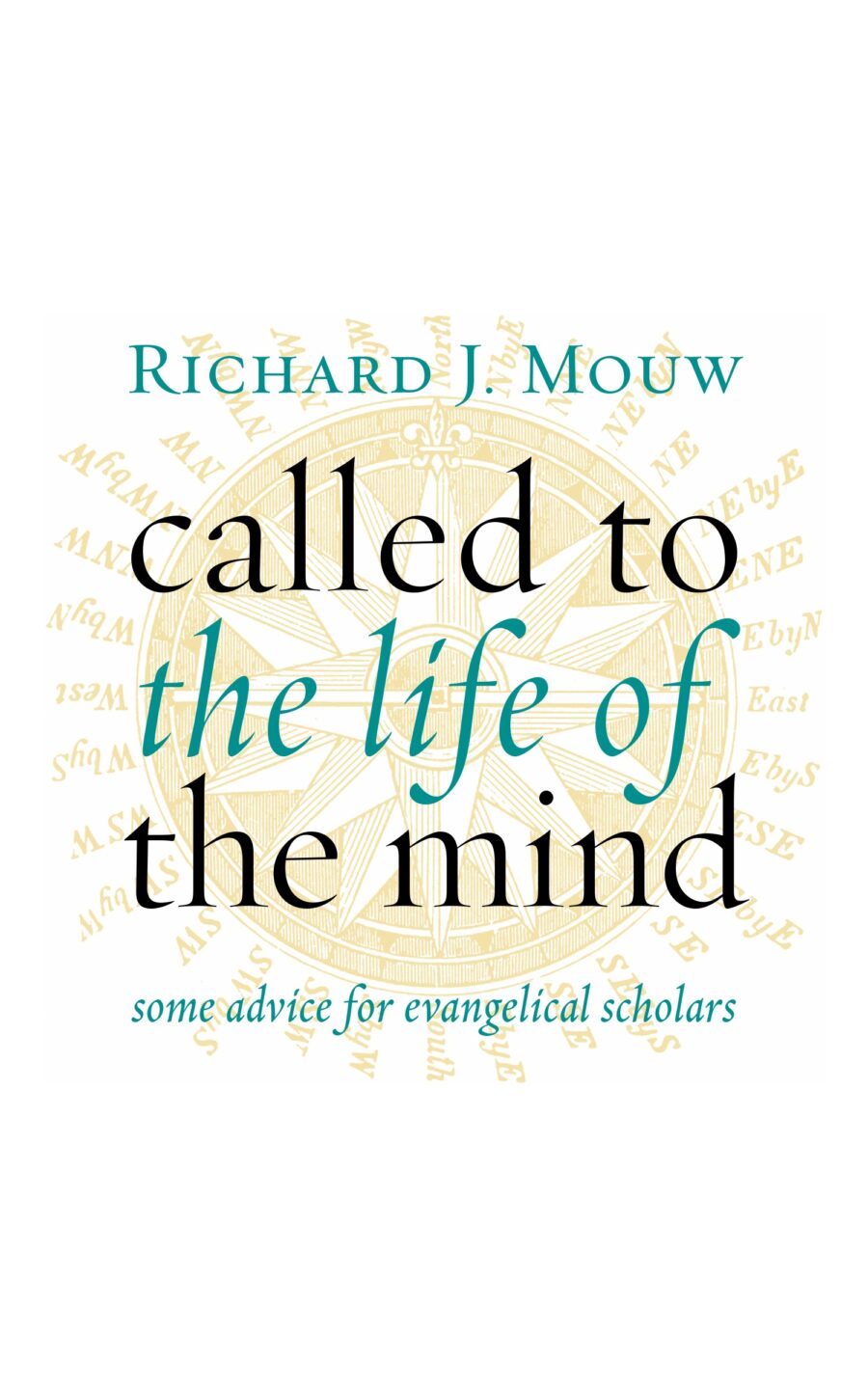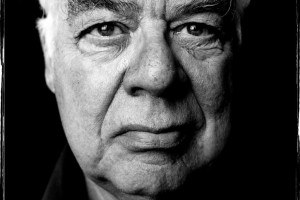In an engaging collection of brief reflections and vignettes, Dr. Richard Mouw, Professor of Faith and Public Life and former president at Fuller Theological Seminary, provides a rationale for and description of rigorous Christian intellectual inquiry today.
Interweaved throughout the volume, Mouw provides a theological framework for the Christian life of the mind. One of his key theological building blocks is Psalm 24:1, “The earth is the LORD’s and all that is in it” (57-58). Because all of created reality belongs to God, Mouw suggests that inquiry into reality and discovery of truth can be Christian vocations. Along the same lines, the fact that Jesus Christ created and sustains all things “provides us with a powerful motivation for taking on the demands of Christian scholarship” (72). We are invited to passionately inquire into reality because all reality coheres in Christ. Thus, “To step out in the cause of truth is to move in the direction of the One who is the Truth” (71). For Mouw, all truth is from God, and seeking truth leads toward God.
Building upon this understanding of the relationship of God, truth, and created reality, Mouw also provides guidelines for appropriate Christian intellectual engagement. For example, one of his refrains throughout the book is that the Christian intellectual should possess both epistemic humility and epistemic hope: humility because one is aware that God is the only one who comprehensively knows and understands all reality and hope because one knows that on the last day God will provide perfect human knowledge of that reality. Because all truth is grounded in Christ, Mouw declares that learning is a good in itself. Although practical benefits of learning are valuable, Mouw directs the scholar not to devalue the learning in itself by making haste from the learning to the doing (16-17). Mouw also endorses safe spaces for untethered academic inquiry because of his understanding of God’s sovereign rule over all creation. Mouw summarizes, “God is God and we are not. What a relief! And what a marvellous basis for relaxing a bit and approaching the big challenges of scholarship with a good dose of genuinely pious playfulness!” (39).
Mouw also outlines practical suggestions for the Christian scholar, pointing out potential difficulties and best practices. He combats comparison and competition by highlighting the fact that everyone in an intellectual institution must play a unique role for the organization to function properly (42-43). He acknowledges the many hopes and fears of the academic life, particularly the experience of loneliness (48-49). He directs academics away from constantly seeking critical distance by asserting that critical detachment should be seen “as a necessary moment in the rhythms of our intellectual lives, and not as a sustained way of life” (52-53). He admonishes Christian scholars to honor God’s creation, not by seeking to defend six-day creationism but by beholding God’s created reality with awe and love (61). Finally, he invites Christian intellectuals to follow Christ in the academy through acts of self-sacrificing collegiality (67).
The strengths of this compact book are many. I highlight two here. First, Mouw writes in his characteristic irenic manner, finding ways to highlight the kernel of truth even in streams of the Christian tradition with which he largely disagrees. For example, while Mouw rejects the claim of anti-intellectual Christian pietism that the life of the mind is inherently on the wrong side of the cosmic struggle between good and evil, Mouw still acknowledges the danger of making intellectual pursuits ends in themselves. He proceeds to positively describe the way that intellectual ends can be pursued in a virtuous, Spirit-filled, and faithful manner (6-8).
Second, Mouw provides two particularly promising constructive suggestions for Christian scholars. For one, he invites Christian scholars at both secular and faith-based institutions to see themselves as operating in a type of academic religious “order,” in which a shared commitment to the vocation of the Christian intellectual is enacted in a community that seeks to connect academic tasks, spiritual virtues, and communal worship. Like their Benedictine predecessors, these “orders” would exist not to separate from the academy but to strengthen and contribute to the broader community by promoting the virtues of the intellectual life such as “humility, faith, self-denial, and love,” thus providing “the cement that gives cohesiveness to the academic enterprise” (29-32). As another constructive example, this time regarding cultural engagement, Mouw suggests that instead of choosing between the false options of cultural withdrawal or takeover, evangelical Christians should pursue a third way by “doing the best we can to be an influence for good without actually gaining any sort of cultural control” (19).
One minor weakness of the volume is its haphazard order. Although the brief vignettes are quite readable, the book progresses more like a collection of proverbs than a sustained argument. As a result, Mouw’s theological assumptions are spread throughout the book instead of being explicitly and succinctly explained.
The Bottom Line: Mouw, guided by over 40 years of first-hand experience, lays out an inspiring way forward for the Christian scholar who seeks both rigorous intellectual engagement and sincere faith in Christ.
Review by Forrest H. Buckner, PhD (fb42@st-andrews.ac.uk)
University of St Andrews





Leave a Reply
Your email is safe with us.